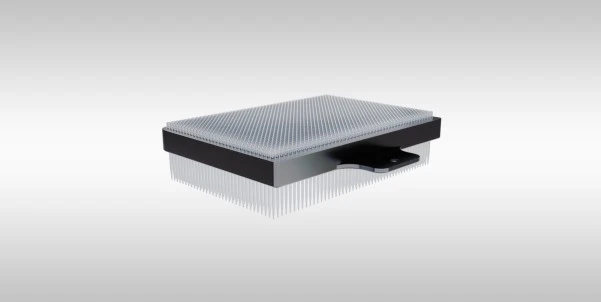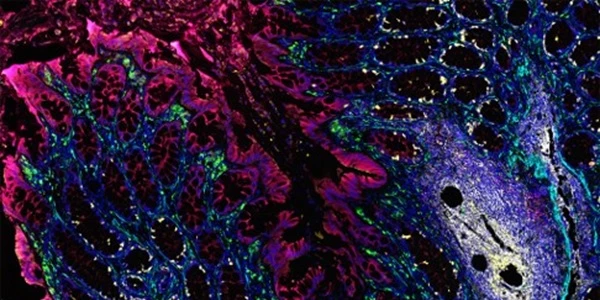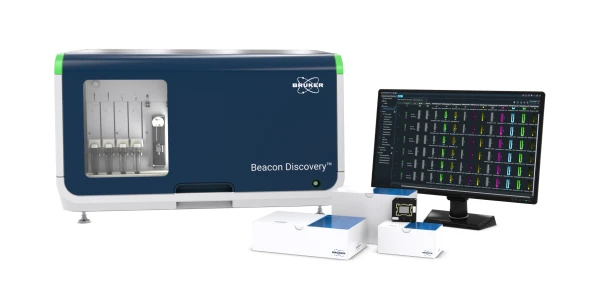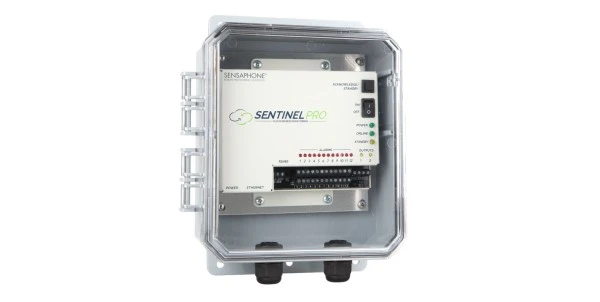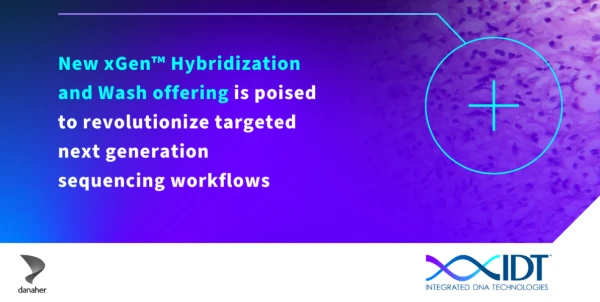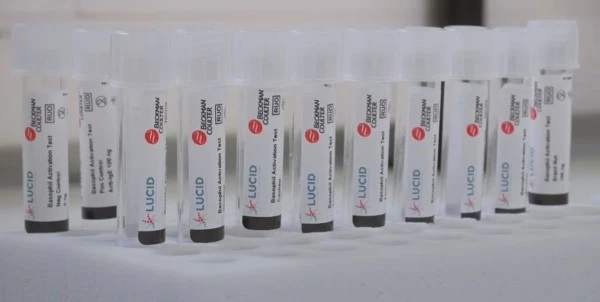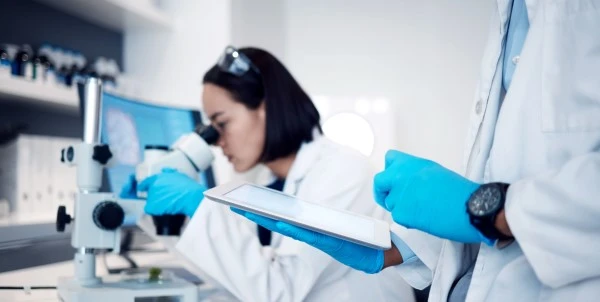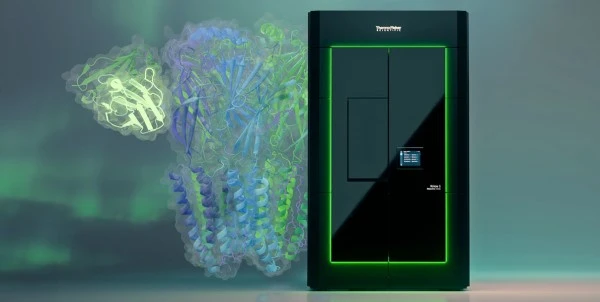Genetic Variant Tracking and New Sequencing Solutions
The past year has accelerated the development of certain trends and new technologies – notably advanced genetic sequencing products and solutions.
Efforts around the globe have ramped up COVID sequencing efforts both to keep watch on the spread of known variants and to identify newly emerging threats before they become a problem. Tracking variants by PCR and NGS is proving successful as a rapid means for tracking the evolution of Covid in real-time, as it passes through the population.
What PCR and sequencing platforms are labs using to track Covid variants?
In attempts to standardize the methodology behind these virus sequencing efforts, clinical organizations have released “SARS-CoV-2 Variant Sequencing Guidelines” for laboratory professionals. As well, the Association for Molecular Pathology has provided a resource that lists clinical laboratories offering SARS-CoV-2 Variant Tracking and Testing services. A few of these include:
- Eurofins – Clinical Enterprise. The site states instrumentation and services available, including: Illumina Infinium Global Screening Array (GSA) testing, as well as NGS sequencing for 16S Microbiome Assay. This is in addition to RT-PCR testing and pooled testing services. The Emergency Use Authorization for Covid testing is based on the Viracor SARS-CoV-2 RT-PCR Assay, performed on ABI 7500 SDS Instrument platform using KingFisher MagMax and BioMerieux E-MAG viral pathogen nucleic acid isolation instrumentation and consumables.
- Mayo Clinic Laboratories. The site details services for SARS-CoV-2 RT-PCR and sequencing for lineage, clade, spike gene mutation detection, and variant analysis. “This test uses polymerase chain reaction (PCR) to amplify multiple severe acute respiratory syndrome coronavirus 2 (SARS-CoV-2) genetic sequences covering 99.9% of the viral genome, followed by a next-generation sequencing assay with sequence analyses to determine the Pangolin lineage, NextClade clade assignment, and alterations of the viral spike (S) protein-encoding codons in known SARS-CoV-2 RNA-positive respiratory tract specimens.” The site includes a wealth of information and details of the methods used in the analyses, which include Ion AmpliSeq SARS-Cov-2 Research Panel RT-PCR and Genexus integrated DNA sequencer instrumentaton.
What Products are Available for Covid Variant Tracking and Testing?
Some companies have created innovative SARS-CoV-2 testing technologies to enable detection and surveillance of known and unknown variants. One such platform is based on RT-PCR Covid testing kits that had previously achieved EUA:
- The Applied Biosystems TaqMan SARS-Cov-2 Mutation Panel, from Thermo Fisher, includes a customizable menu of 26 verified, real-time PCR assays. Use of one or more of these assays enables testing for currently relevant variant mutations, while also providing the means to identify novel mutations as the arise. Importantly, the assay panel can be run on current real-time PCR instrumentation, using scalable and streamlined methods and consumables.
What are the Latest New Sequencing Technologies and Applications?
Beyond Covid, researchers have been making impressive sequencing achievements over the past year -- despite the obvious challenges.
- Scientists at UC, Riverside have published in Nature Cell Biology on a new RNA sequencing method called Panoramic RNA Display by Overcoming RNA Modification Aborted Sequencing (PANDORA). This technique involves an enzymatic process that removes key RNA modifications from sequencing samples. This eliminates ligation and reverse transcription interferences, leading to less bias in RNA sequencing results. PANDORA may increase the ability to identify new small non-coding RNA species, assist interpretation of therapeutics on RNA changes, and other applications.
Researchers have raised the ceiling of genome sequencing with two significant achievements.
- The International Vertebrate Genomes Project (VGP) published a flagship study in the journal Nature, presenting 16 diploid high-quality, near error-free, and near-complete reference genome assemblies. A collaboration of sequencing efforts from the Rockefeller University Vertebrate Genome Lab, the Howard Hughes Medical Institute, the Wellcome Sanger Institute, and the Max Planck Institute of Molecular Cell Biology and Genetics, the achievement will enable a better understanding of the molecular evolution of these vertebrate species. This in turn may foster greater understanding of human health and disease.
- An international team of scientists has recently stated that they have sequenced and assembled a more complete version of the human genome than ever before. This includes the roughly 8% missing in the initial genome draft produced by the Human Genome Project and Celera Genomics, mostly non-coding sequences composing the centromeres or protective "end caps" of chromosomes. Advanced molecular techniques, decreases in sequencing costs, and vast increases in sequencing speed and depth have made the work possible.
Outlook
Innovations in sequencing have expanded the ability to catalog virus strains and track new variants as they emerge. The implication for this real-time surveillance cannot be understated as a crucial weapon to counter Covid and threats that may emerge in the future. Despite the burden of the pandemic on nearly all facets of operations, research has persisted and has delivered monumental achievements in the world of genome science.
View DNA Sequencer listings on LabX.com
View RT-PCR, PCR/Thermocycler, and dPCR listings
Visit the Molecular and Genetic Tools application page for further resources and product information
